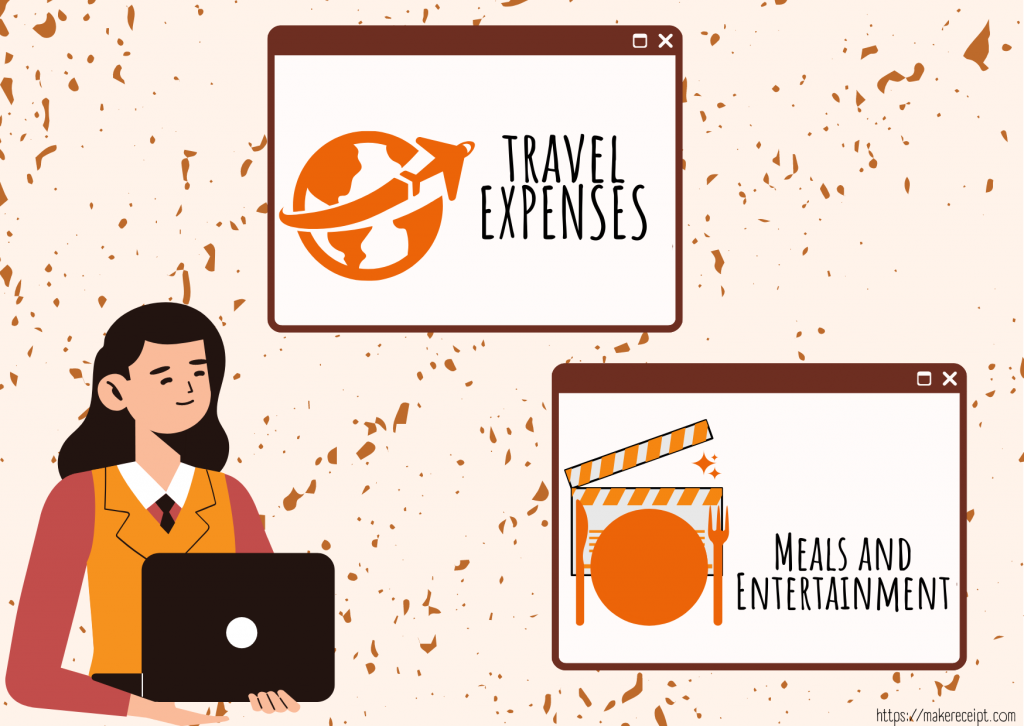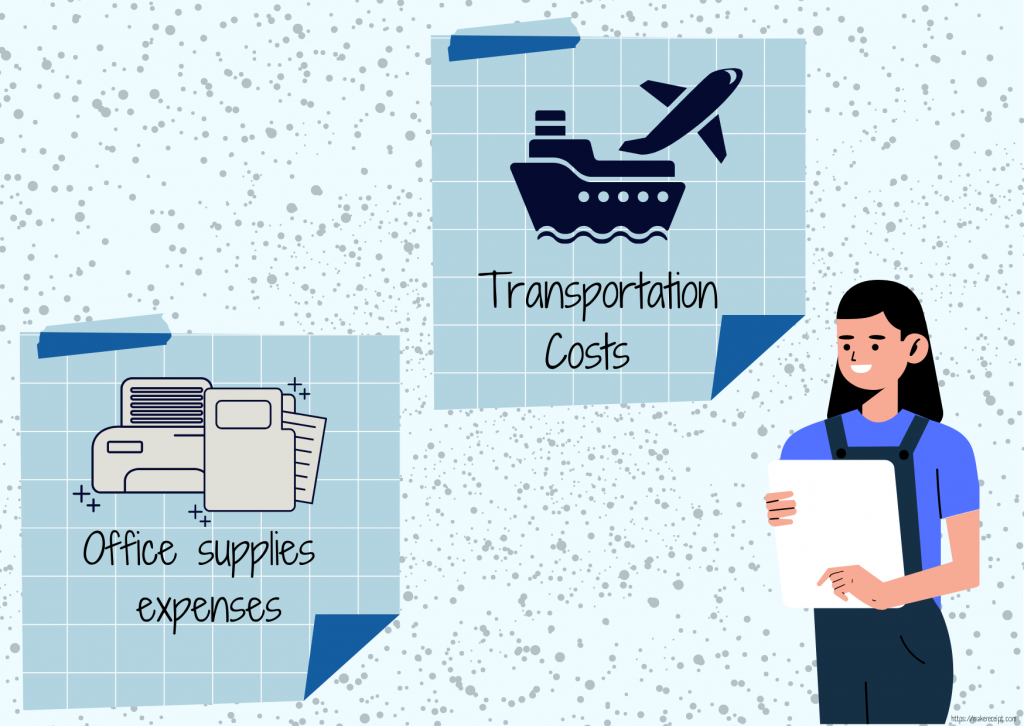What are the reimbursable expenses? Reimbursed expenses are payments provided by an employer or company to an employee who has submitted a claim for expenses incurred out of his pocket for the business through work-related activities. Reimbursable expenses are often defined and communicated well in advance for transparency so that employees understand what they can expense as a business cost and what will be authorized and paid. Proper orientation and guidelines are substantial regardless if you are a big company or SME. The reimbursement must be supported by a receipt, invoice, or other support documentation. The exact required information varies by country, but in general, the receipts or proof must include the date, time, description of the expense or items, amount, tax, and place of purchase to make the spending claim credible.
The following are the reimbursable expenses that a company could consider paying:

TRAVEL EXPENSES
Employees may claim travel expenses for any mode of transportation or travel to work-related purposes outside their regular assigned work station. Typical examples include:
- Airfares (domestic or international)
- Car rental
- Taxi fares
- Bus trip
- Rail trip
- Fuel expenses if an employee uses his car or business mileage allowance
Other types of transportation for travel expense claims include:
- Ship or boat trip
- Motorcycle hire (manual or electric)
- Toll point (Highway or waterway tolls)
- Business mileage allowance if an employee uses his bicycle
Employees can also claim expenses incurred while living and working in another place. It can be:
- Lodging (Hotels, Inns, Serviced apartments, or any short-term stay accommodation rentals)
- Nightly allowance for staying with a relative or friend
- Daily subsistence allowance (for meals away from home)
- Phone bills used for work-related activities
- Wifi/internet charges
- Laundry
MEALS AND ENTERTAINMENT
The allowance on meals of an employee is covered by business travel expenses. Other meals can reimburse if the employee wants the client to treat dinner, invite to a sporting event or musical play. It is one way to build a strong partnership with the client for the best interest of the company.

TRANSPORTATION COSTS
Transportation costs are specific charges spent by an employee who travels or drives for business purposes. These are parts of business travel expenses, such as fuel, taxi fares, tips, parking fees, maintenance, and repair, which employees may incur and report for claims. Some transportation costs may be deductible on an employee’s tax return if the full amount was not reimbursed by the employer.
OFFICE SUPPLIES EXPENSES
Office supplies include business forms, toner cartridges, copy paper, folders, stamp pads, letter envelopes, pens, pencils, and other desk supplies that need replacement, like a computer mouse or keyboard. Janitorial supplies expenses such as garbage bags, disinfectants, alcohol, tissue paper, vacuum cleaner, and trash bins.
Tracking employee expense reimbursements can be challenging on the employer’s end. Receipts are useful for easy tracking and crucial to accounting reports. If you are utilizing an online receipt maker, employees may be able to report their expenses by recording them on the system as scanning receipts take a lot of time and are very inconvenient when an employee is on business travel. There are times that an employee needs to crack the whip as receipts are susceptible to getting lost or misplaced. Reimbursable expenses can be saved in a specific folder and processing claims get better and faster.
